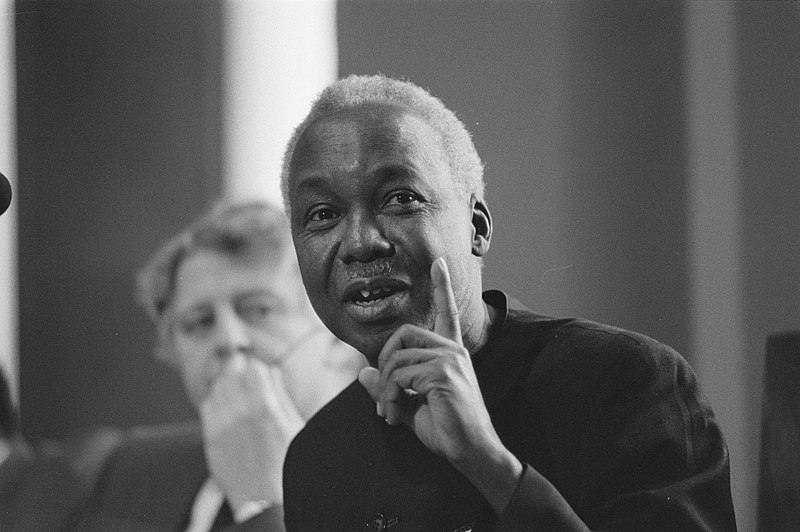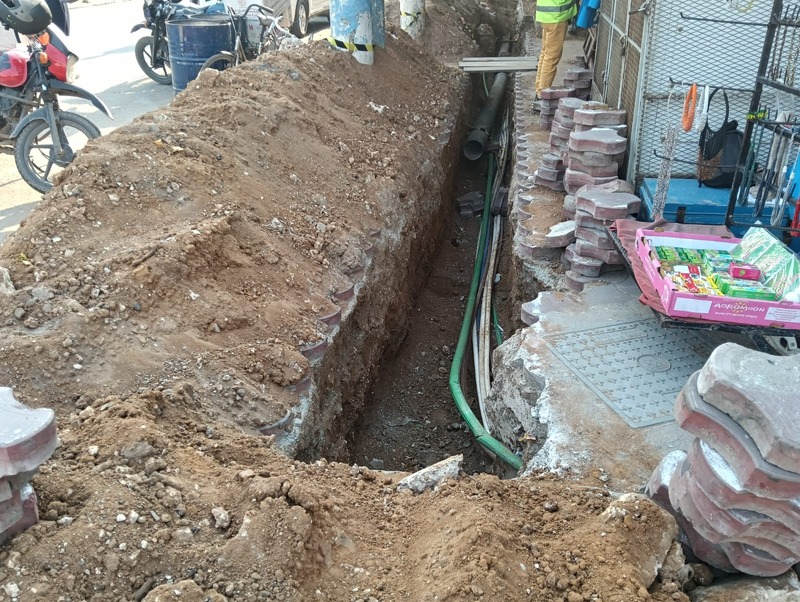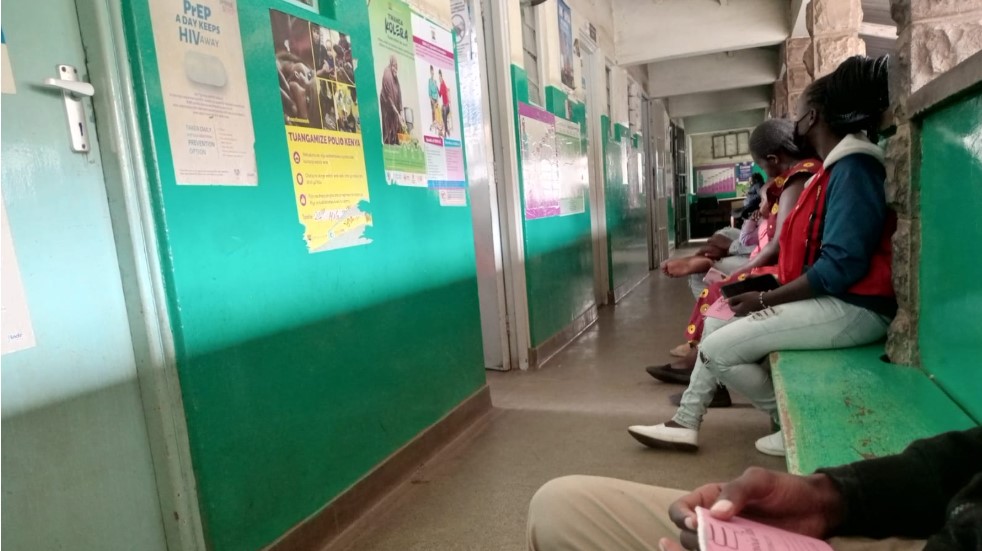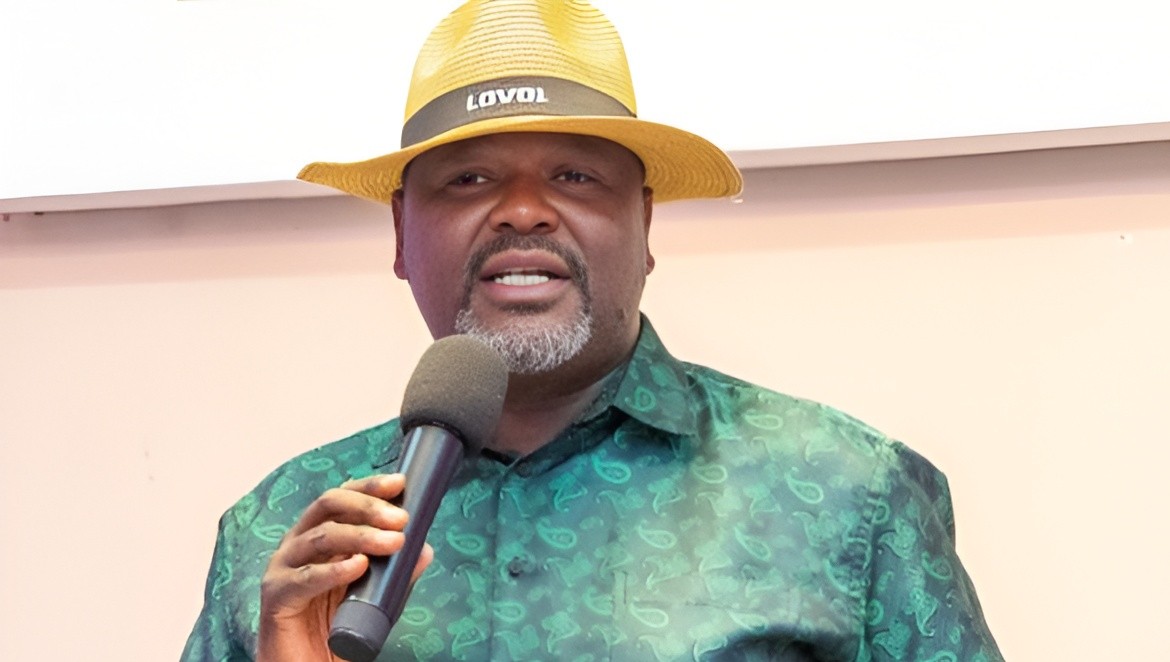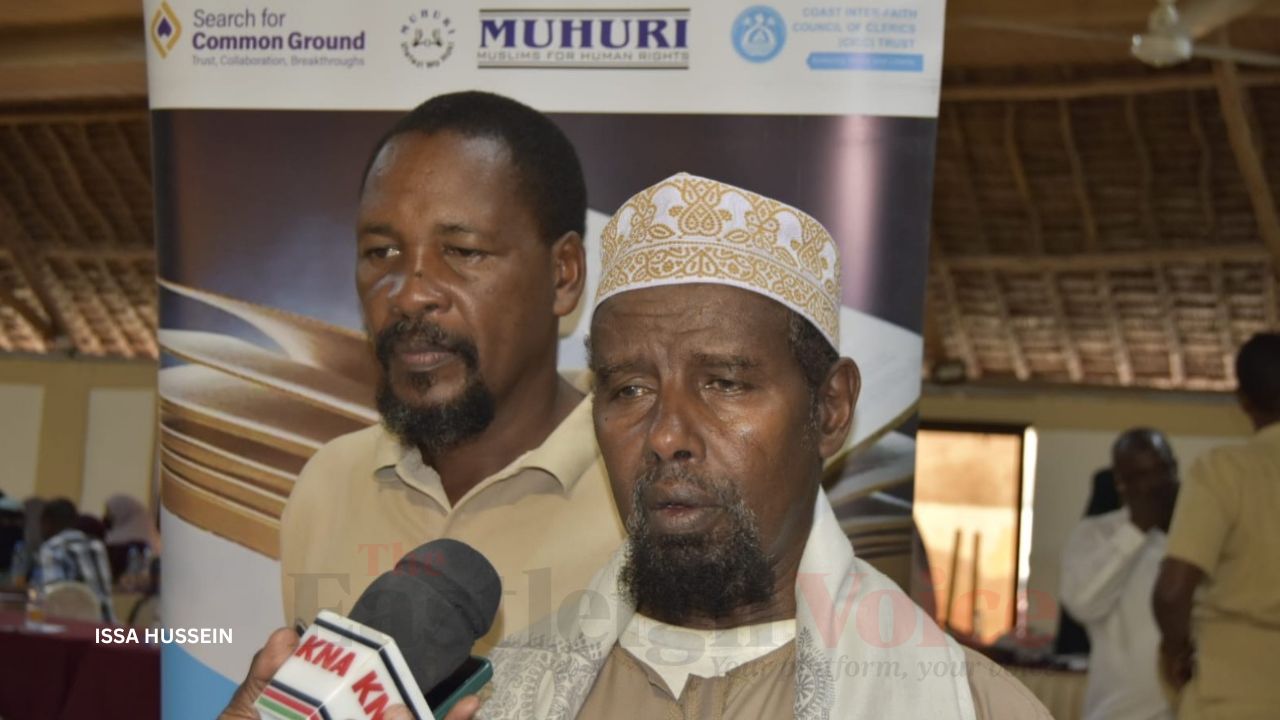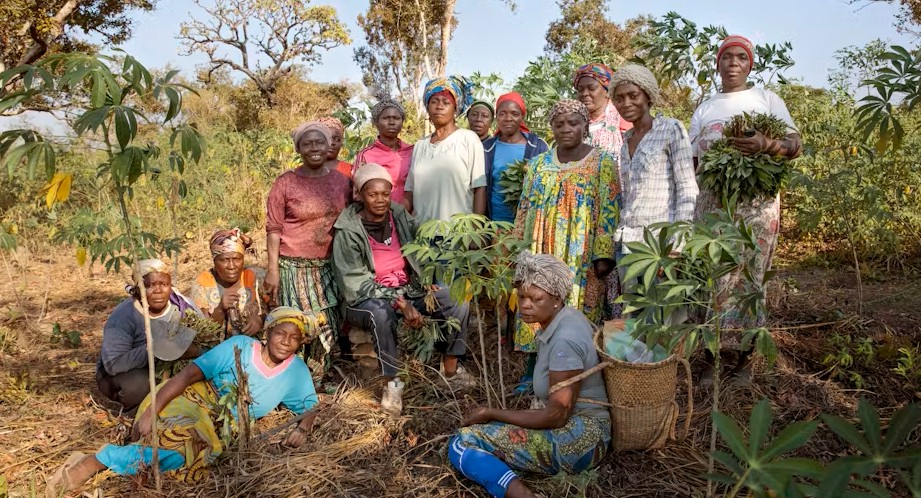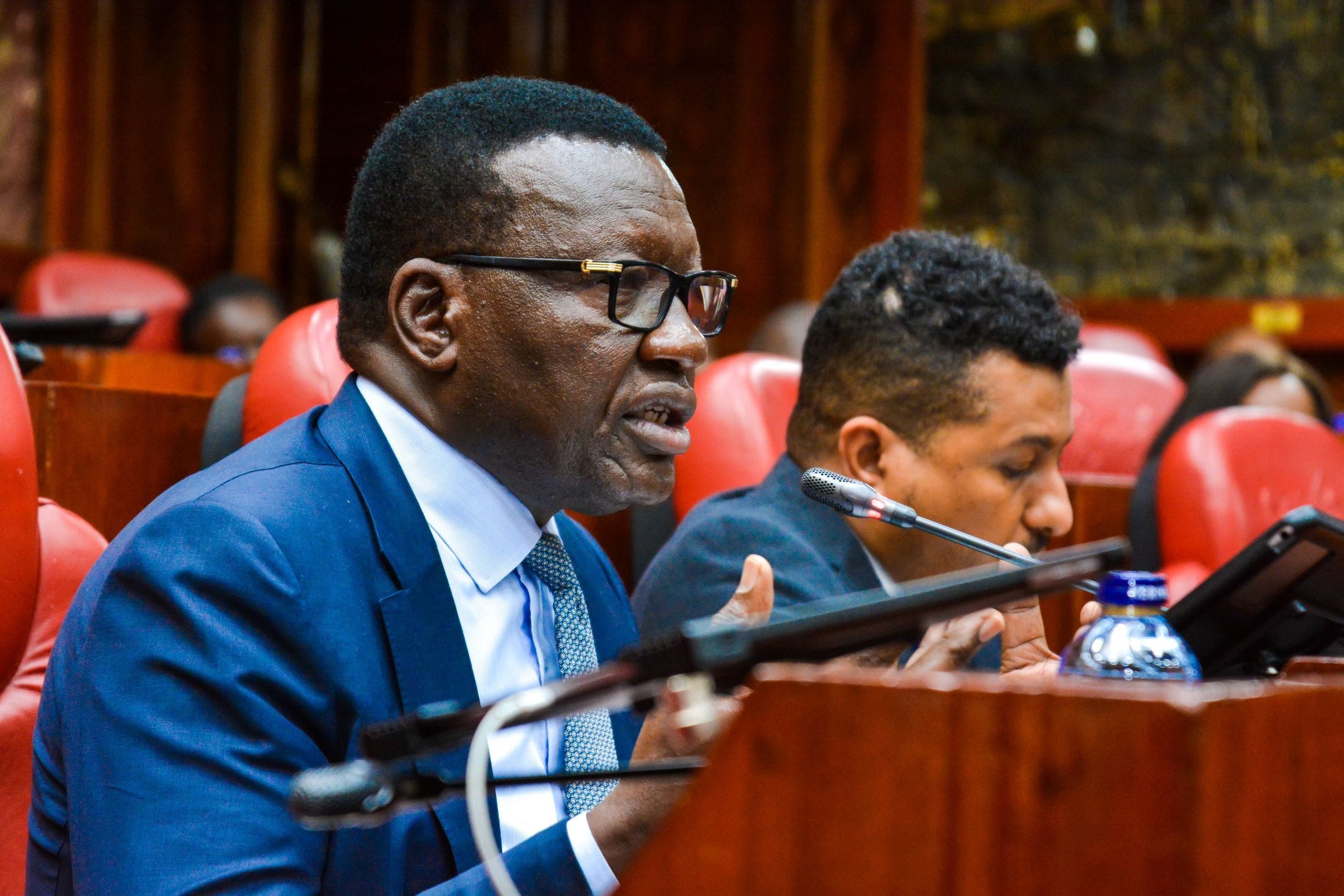Kenya launches panel to review health benefit tariffs, promote equity and cost-effective care
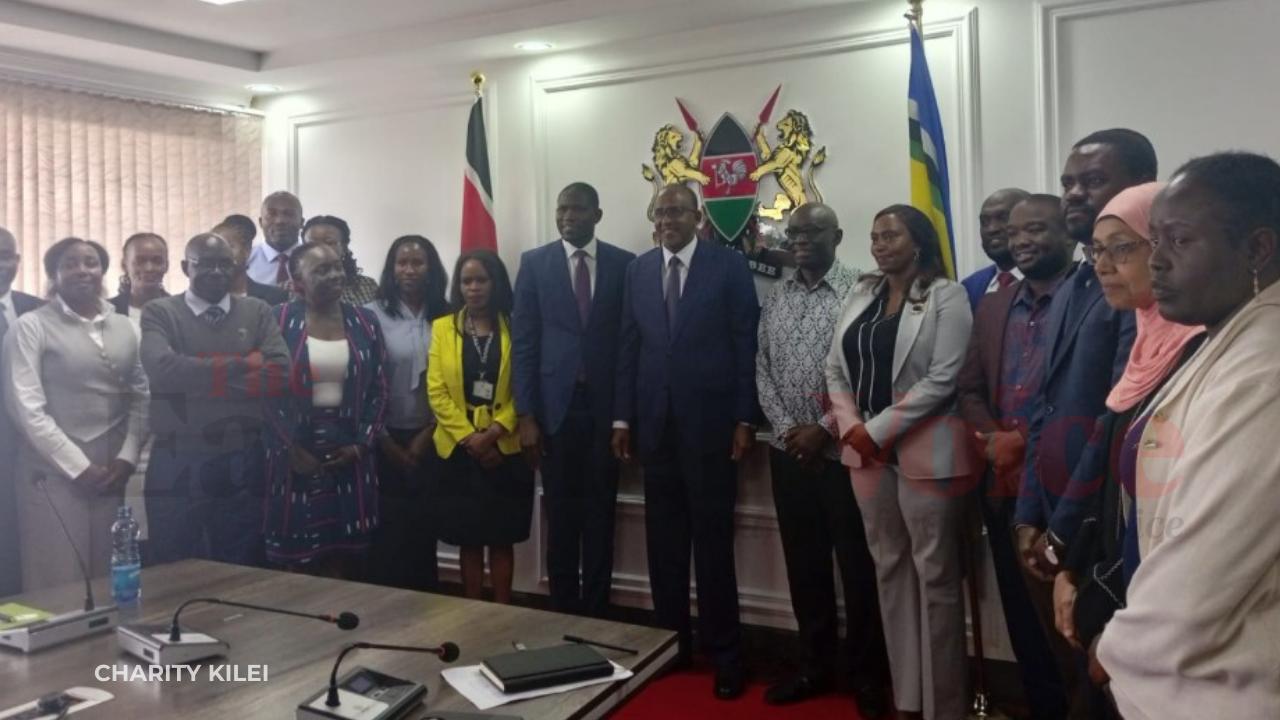
The committee will conduct thorough reviews, analyse Kenya’s disease burden, and provide expert recommendations to inform policy decisions grounded in robust data and evidence.
The Ministry of Health has unveiled the Health Benefit Package Tariffs Review Committee to enhance universal health coverage by ensuring affordability, equity, and data-driven policy decisions.
This package covers both inpatient and outpatient services, focusing on critical health areas such as chronic illnesses, mental health, and the overall disease burden.
More To Read
- Kenya’s primary healthcare crisis: Patients struggle despite ‘free’ treatment, SHA registration
- High Court quashes Aden Duale's NHIF pending bills verification committee
- Senate faults SHA over delayed Sh8 billion payment to families of deceased civil servants
- Over 23 million Kenyans registered for SHA, but more than 17 million aren’t contributing to the fund
- Private hospitals blame flawed SHA model as 40 facilities face suspension
- Uproar as CS Duale clashes with reporter over SHA claims
The committee will conduct thorough reviews, analyse Kenya’s disease burden, and provide expert recommendations to inform policy decisions grounded in robust data and evidence.
Health Cabinet Secretary Aden Duale said the panel was officially appointed and gazetted through Notice No. 5044 on April 23, 2025.
Comprising experts from diverse fields, the panel is responsible for advising on the design and review of benefits packages and tariffs to ensure they are equitable, financially sustainable, and aligned with national health priorities.
Key functions of the panel include recommending updates to the benefits package through health technology assessment processes, reviewing tariffs to maintain affordability and cost-effectiveness, identifying priority health services that are currently unavailable, and assessing disease burden and access to care to guide policy. The panel will engage widely with stakeholders to foster transparency and inclusivity.
Hosted at the University of Nairobi’s College of Health Sciences, the panel will meet at least twice annually to promote collaboration between government, academia, the private sector, and civil society. This partnership is essential for delivering quality healthcare under the guiding principle of “leaving no one behind.”
Social Health Insurance challenges
Since the rollout of Social Health Insurance in October 2024, several challenges have emerged, including inadequate data on disease burden and health system capacity, high costs associated with managing mental health, cancer, spinal injuries, and chronic diseases, and the absence of price regulation within the current free-market system. Additionally, tariff unbundling complicates reimbursement processes, and there is a pressing need to integrate donor-supported programs into the national benefits package to enhance sustainability.
"To address these issues, the panel will harmonise tariffs, model outpatient and inpatient services, simulate provider payment mechanisms, and focus on sustainable, long-term implementation of benefits and tariffs," said Duale.
Duale said a sustainable health system was key to national development, adding that the committee would help build a healthier Kenya by ensuring equitable access and financial protection.
Public Health Cabinet Secretary Mary Muthoni said the public had long struggled with high healthcare costs, and that the panel offered renewed hope for sustainable and accessible care by aligning interventions with the population’s real needs.
The Ministry of Health urged all stakeholders—including county governments, healthcare providers, civil society, KEMSA, policymakers, and the public—to support the panel’s vital work in creating an inclusive, evidence-based, and cost-effective health benefits package that meets the needs of all Kenyans.
Other Topics To Read
Top Stories Today

